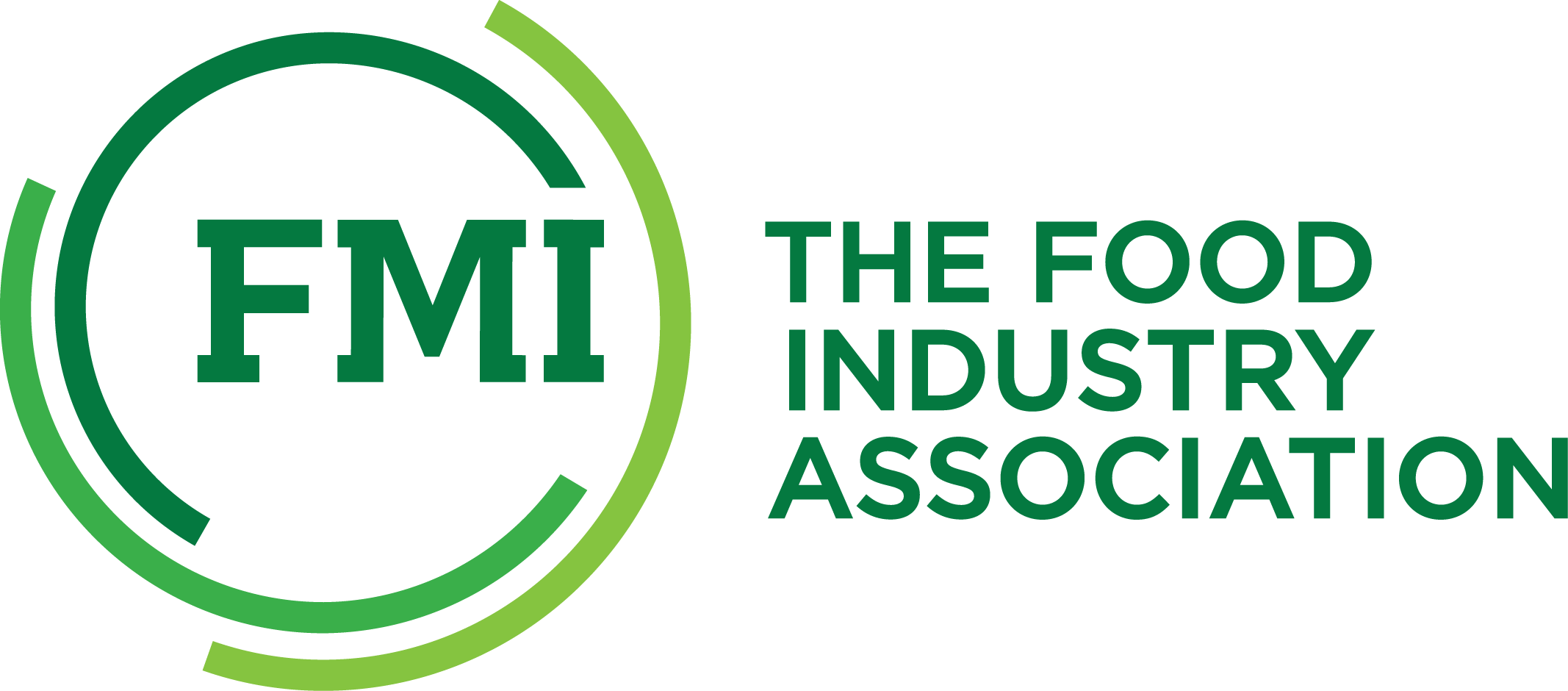This is a FMI authored article by Leslie G. Sarasin, President and CEO, FMI.
The intricacies of our food system, including growing and producing food, transporting it, selling it, and mitigating food loss or waste all contribute to climate change. Addressing food and environmental concerns across the supply chain isn’t simple work. It will quite literally take farm to fork working together to make change.
For this reason, FMI was pleased to join the Food and Agriculture Climate Alliance (FACA). This unprecedented effort is comprised of a diverse group of organizations representing a cross-section of farmers, ranchers, forest owners, the food sector, state governments and environmental advocates working together to develop and promote shared climate policy priorities.
The unique nature of the effort comes from the breadth of the supply chain represented in this coalition. Groups from the agriculture, NGO and food industry sectors have agreed to come together behind a specific set of environmental and climate proposals, including, for the first time, food waste goals.
Estimates show that anywhere from 25 percent to as much as 40 percent of food grown in the United States ends up as food waste. As a result, the resources invested in growing, raising, manufacturing, and transporting this food are essentially wasted. Among the easiest and most important steps toward creating a safe, affordable, and sustainable food supply is to ensure our existing resources are utilized as efficiently as possible. Tackling food waste is, therefore, an important step toward achieving the larger goals of FACA.
The supply chain needs consumers to engage on these challenges to help reinforce our larger climate goals.
The supply chain needs consumers to engage on these challenges to help reinforce our larger climate goals. To aid this process, we have a responsibility to engage with consumers and help educate them about what industry is doing to address the concerns. Several of FACA‘s recommendations recognize this reality and focus on consumers and consumer behavior.
Some may question why a group focused on agriculture and forestry is also tackling consumer behavior.
The answer is simple: food waste education is key to encouraging consumers – and young people in particular – to focus on ways they can be successful agents of change in the broader climate change discussion. Consistent with this thinking, the consumer-facing recommendations included in this section enhance and support the larger sustainability goals of the entire group.
There’s more the food industry can do to safeguard the world for the benefit of the environment and its inhabitants, especially those who come after us. Reducing food loss and waste can benefit the supply chain, families, and the world, now and in the future. The food industry is behind this effort. I hope you will choose to engage.
